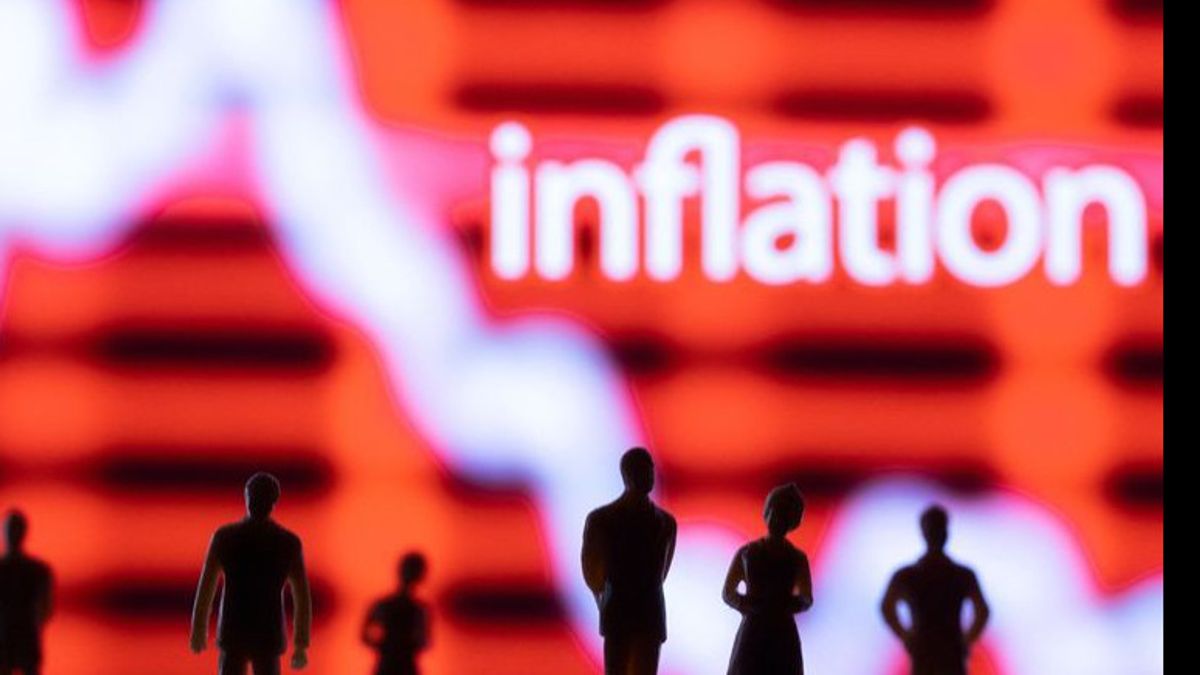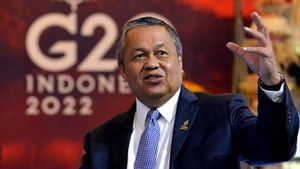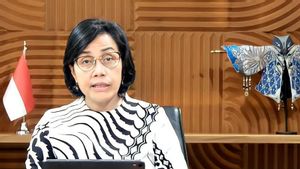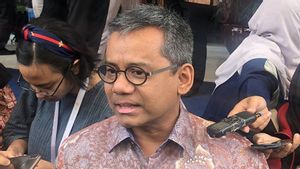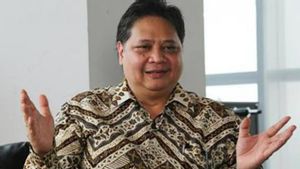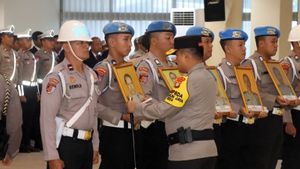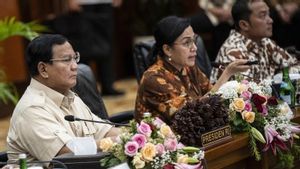JAKARTA - The Ministry of Finance projects that the global inflation rate will be at 5.2 percent, with economic growth decreasing by 3.0 percent in 2024.
Deputy Minister of Finance Suahasil Nazara said that the projection marked the weakening of the global economy and inflation which was still high, but began to be moderated.
"At the world level, it is estimated that inflation is around 5.2 percent and in advanced economy it is still at the inflation rate of around 2.8 percent," said Suahasil at a Working Meeting (Raker) with Commission XI of the DPR RI in Jakarta, quoted from Antara, Friday, September 1.
The weakening of the global economy will pose several challenges for Indonesia in achieving its economic target. In the short term, this results in high interest rates over the long term, limited policy space, and increasing geopolitical tension.
"We need to be aware of China's economic slowdown, we need to be aware that we need to be aware of the pressure on the financial sector and debt distress at the world level," said Suahasil.
Meanwhile, in the medium and long term, Suahasil explained that there are challenges in the form of global fragmentation, climate change, digitization and other pandemics that are still possible.
However, Finance Minister Sri Mulyani Indrawati remains optimistic about setting Indonesia's economic growth target at 5.2 percent on an annual basis, with inflation dropping 2.8 percent. This reflects on Indonesia's stable economic performance, and even tends to grow amid current global uncertainty.
Meanwhile, President Joko Widodo in his state speech explained that Indonesia's economic efforts in 2024 were directed to achieve economic transformation. Therefore, the government implements two main strategies, namely short-term strategies and medium-term strategies.
The short-term strategy is focused on accelerating the elimination of extreme poverty, reducing stunting prevalence, controlling inflation, and increasing investment.
اقرأ أيضا:
Then the medium-term strategy is focused on the following five agendas. One, realizing superior, productive, innovative, prosperous, and competitive human resources through improving the quality of education and health systems, as well as reforming the social protection system, including strengthening the protection of Indonesian migrant workers.
The agenda for the second long-term strategy is the acceleration of infrastructure development supporting economic transformation, especially infrastructure in the fields of energy, food, connectivity, as well as Information and Communication Technology.
Third, the establishment of the implementation of bureaucratic reform and simplification of regulations. Fourth, increasing economic activity with high value, through downstreaming of natural resources. And fifth, encouraging the development of a green economy.
The English, Chinese, Japanese, Arabic, and French versions are automatically generated by the AI. So there may still be inaccuracies in translating, please always see Indonesian as our main language. (system supported by DigitalSiber.id)
